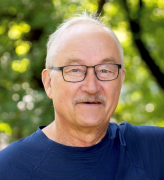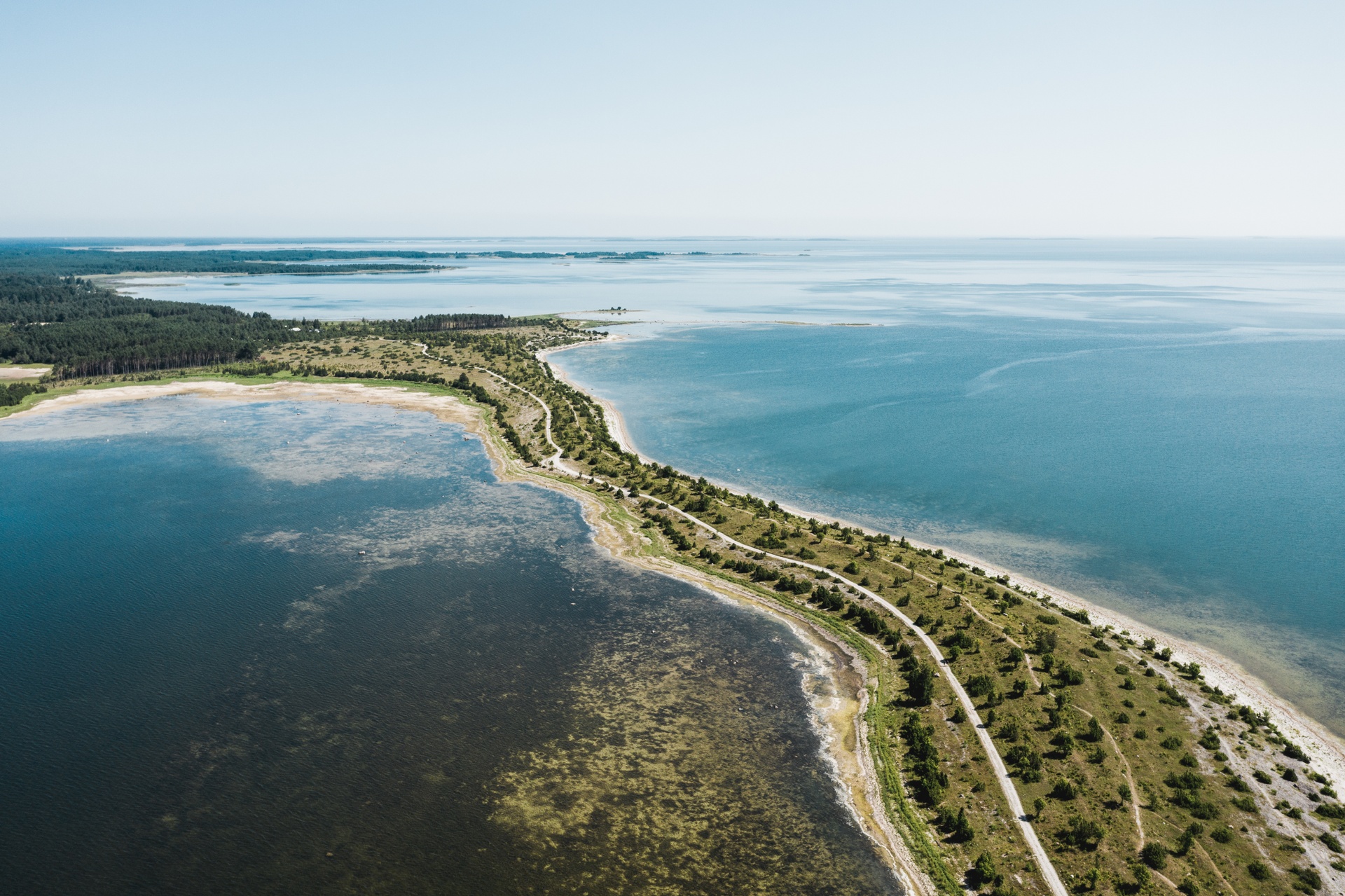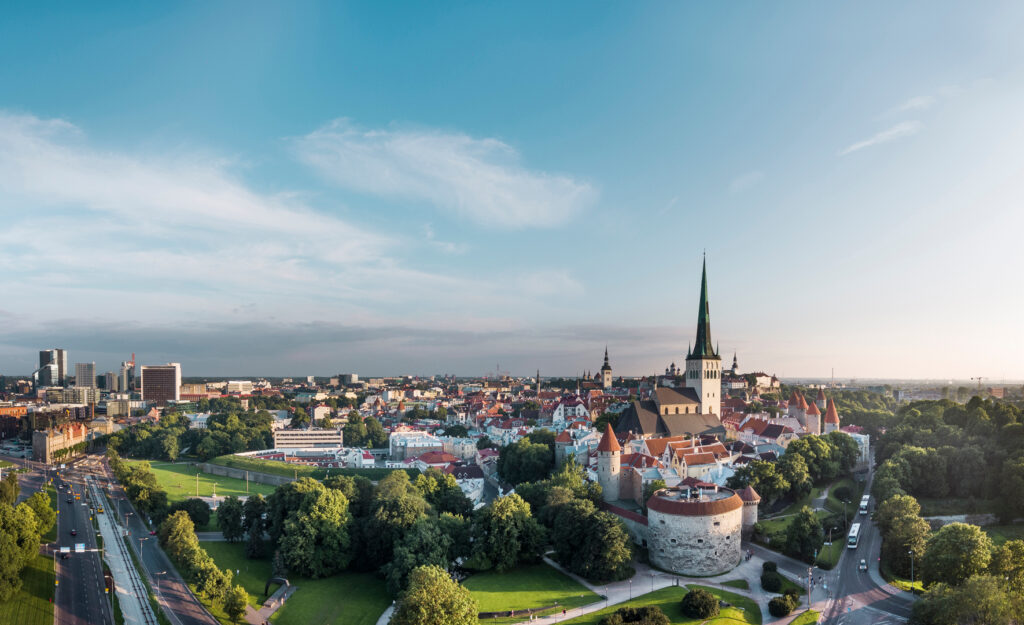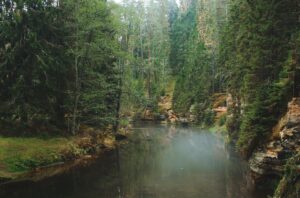
home
Thank you!
Dear INTECOL Wetlands Conference Participants,
I would like to thank each and every one of you for attending the 12th INTECOL Wetlands Conference, which was held in conjunction with the 20th Annual Meeting of SWS Europe here in Tartu. Thank you for your contributions in making this event significant and impactful.
The Organising Committee was very proud to host 300 participants from 39 countries, many of whom came from the United States, Australia and New Zealand, which signifies a global interest in wetland restoration. There were 9 sessions, 15 symposia, 2 workshops, and eight technical tours to various wetlands in Estonia. Social opportunities were available during the welcome reception and conference dinner, as well as city tours in Tallinn and Tartu, and the post-conference tour to Saaremaa. We hope the new connections, old friends, new knowledge and unforgettable memories will bring you back to Estonia!
As another landmark activity, we compiled the Tartu Wetlands Declaration, which included two resolutions that participants could sign. Additionally, we received 3 resolutions during the conference and the UN Global ONCE initiative for signing. The results were forwarded to the RAMSAR 15th meeting of the Conference of the Contracting Parties (COP15), July 2025, in Victoria Falls (Zimbabwe) and can be used by participants to lobby wetland issues in their native countries. When we work together, we can make the most significant change.
I hope to see you all again soon!

Prof Ülo Mander
20th Annual Meeting of the Society of Wetland Scientists Europe

Society of Wetland Scientists Europe was founded to bring together wetland scientists and other European professionals who share common interests in wetland science and management. SWS Europe is focused on understanding and advancing wetland science, as well as assuring that decision-making processes affecting wetlands are based on an understanding of wetland science.
To check whether you are an active SWS member, please see the Member Directory here: https://members.sws.org/activememberdirectory
To become a SWS member, please visit this website here: https://www.sws.org/sws-membership-benefits/
Why Estonia?



Estonia is a relatively undiscovered country of wetlands – raised bogs, fens, swamp forests, coastal marshes. Around 50% of Estonia’s territory is covered by forests. As a result, Estonia has the 4th best air quality in the world. Also, approx. one quarter of the country is covered in marshes.
Estonia has a population of just 1.3 million but is larger than Denmark or the Netherlands. Being among the least densely populated countries in Europe, Estonia makes for a great nature and city break destination for those looking to stretch out their limbs and enjoy some peace, quiet, and solitude. It has 6 national parks, 3 of which have EUROPARC Federation recognition.
The capital city Tallinn is the best-preserved medieval city in Northern Europe. Estonia’s UNESCO world heritage capital Tallinn was granted city rights in the 13th century by the King of Denmark. Since then, the streets of Tallinn have seen many world powers, from the Danes and Swedes to Germans, and tsarist and Soviet Russia.
Estonia is a Digital Society. From voting to signing documents to doing taxes online, Estonia implements a fast, hassle-free and modern approach to doing errands. Free time is spent in nature and enjoying the wildlife diversity, as for example 380 species of birds are spotted in Estonia annually. Read more here.
Estonia has over 2,000 islands and is the only Baltic country with a deep-rooted and extensive island culture. Although most are uninhabited, Estonian islands tend to be rural, with some holding traces of their local Viking and medieval legacy.
Why Tartu?
Tartu is the Estonian center of science and culture; it also has a long-term tradition in peatland research.
University of Tartu
The University of Tartu is Estonia’s leading centre of research and training. It was founded in 1632 by the Swedish king Gustavus Adolphus and it is the oldest and largest university in Estonia and has been the centre of Estonian academic life for almost four centuries. The University of Tartu belongs to the top 2% of world’s best universities. There are over 13,000 students, including over 800 international students from 70 countries, and 3000 staff members study and work in a diverse range of fields connected by the power of curiosity. Learn more…



